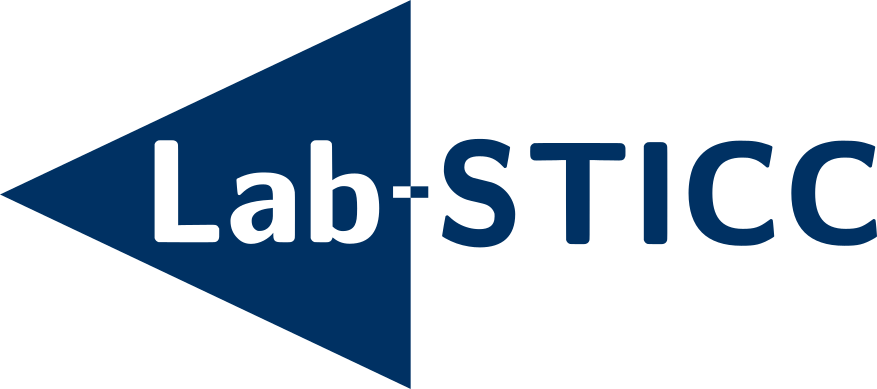HeROcache: Storage-Aware Scheduling in Heterogeneous Serverless Edge - The Case of IDS
Résumé
Intrusion Detection Systems (IDS) are time-sensitive applications that aim to classify potentially malicious network traffic. IDSs are part of a class of applications that rely on short-lived functions that can be run reactively and, as such, could be deployed on edge resources, to offload processing from energy-constrained battery-backed devices. The serverless service model could fit the needs of such applications, given that the platform allows adequate levels of Quality of Service (QoS) for a variety of users, since the criticality of IDS applications depends on several parameters.
Deploying serverless functions on unreserved edge resources requires to pay particular attention to (1) initialization delays that could be significant on low resources platforms, (2) inter-function communication between edge nodes, and (3) heterogeneous devices.
In this paper, we propose both a storage-aware allocation and scheduling policy that seek to minimize task placement costs for service providers on edge devices while optimizing QoS for IDS users.
To do so, we propose a caching and consolidation strategy that minimizes cold starts and inter-function communication delays while satisfying QoS by leveraging heterogeneous edge resources.
We evaluated our platform in a simulation environment using characterization data from real-world IDS tasks and execution platforms and compared it with a vanilla Knative orchestrator and a storage-agnostic policy. Our strategy achieves 18% fewer QoS penalties while consolidating applications across 80% fewer edge nodes.
Domaines
Informatique [cs]| Origine | Fichiers produits par l'(les) auteur(s) |
|---|



